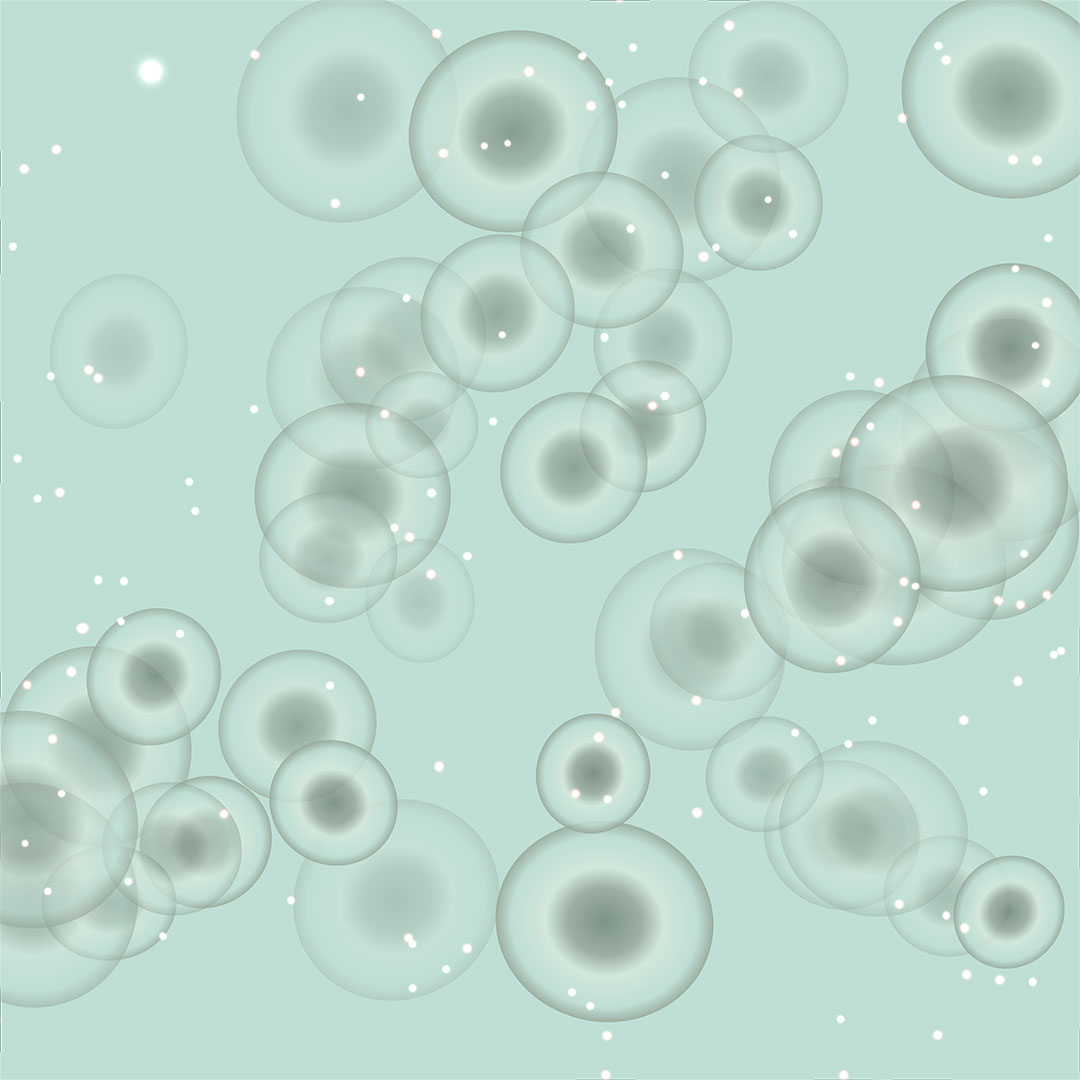
An NIH-funded study, published in the journal Inflammation found that 2-HOBA supplementation affected the levels of 15 inflammatory biomarkers in healthy individuals, supporting the potential for 2-HOBA to benefit immune cells and promote a healthy balance of the immune system.
In this double-blind, randomized, and placebo-controlled study, researchers examined the potential beneficial effects of 2-HOBA on oxidative stress and inflammatory biomarkers in two cohorts of healthy younger and older adults.
Results indicated that 2-HOBA significantly increased levels of multiple protein biomarkers that play important roles in immune function regulation, including TNFβ, IL12β and CCL19, which contribute to immune system homeostasis or readiness. Furthermore, the study found that 2-HOBA decreased levels of TWEAK, a protein that promotes inflammation and cell death.

CCL19, also known as chemokine (C-C motif) ligand 19, is a protein that belongs to the CC chemokine family. Chemokines are small signaling proteins involved in the immune response, specifically in the process of chemotaxis, which is the movement of immune cells towards areas of inflammation or infection. CCL19 is primarily produced by certain immune system cells, such as dendritic cells and macrophages. It acts as a chemoattractant, meaning it attracts and guides immune cells to specific locations within the body.
Interleukin 10 (IL-10) is a cytokine, which is a small protein involved in cell signaling and communication within the immune system. It is a key regulator of immune responses and plays a crucial role in maintaining immune balance and preventing excessive inflammation.
TWEAK, also referred to as TNF-related weak inducer of apoptosis, is a member of the TNF (tumor necrosis factor) superfamily of cytokines. Found predominantly in leukocytes, TWEAK plays a vital role in facilitating the proliferation and migration of endothelial cells while also triggering apoptosis. However, prolonged activation of TWEAK following an injury can lead to inflammation, fibrosis, and angiogenesis.
Subunit beta of interleukin 12 (IL-12B) is an immune cell stimulator that promotes differentiation and proliferation of T cells and enhances the production of interferon gamma, which are important for cellular protection against pathogens.
TNFβ, also known as tumor necrosis factor beta, is a cytokine belonging to the tumor necrosis factor (TNF) superfamily. It is also referred to as lymphotoxin-alpha (LT-α) or TNF-related activation-induced cytokine (TRANCE). TNFβ exerts significant influence over the immune system's maintenance, playing crucial roles in regulating cell survival, proliferation, differentiation, and apoptosis. Moreover, it holds an important position in the realm of innate immune regulation.


Even a healthy immune system involves inflammation. It is a part of the body’s repair process. But this response becomes detrimental when the body’s formation of reactive oxygen species (ROS) cascades out of control, resulting in the formation of reactive lipids.
When inflammation fails to resolve on its own, it can lead to the progression of harmful outcomes. But on the other hand, blocking the reactive compound formation that is associated with inflammation may have unintended consequences.
That’s why TSI Group has developed Hobamine. Hobamine is the patented ingredient scientifically known as 2-hydroxybenzylamine or 2-HOBA. Hobamine binds to pro-inflammatory reactive lipids, especially isolevuglandins (IsoLGs), one of the most common and reactive downstream products of oxidative stress, but without disrupting normal cell functions.
References: